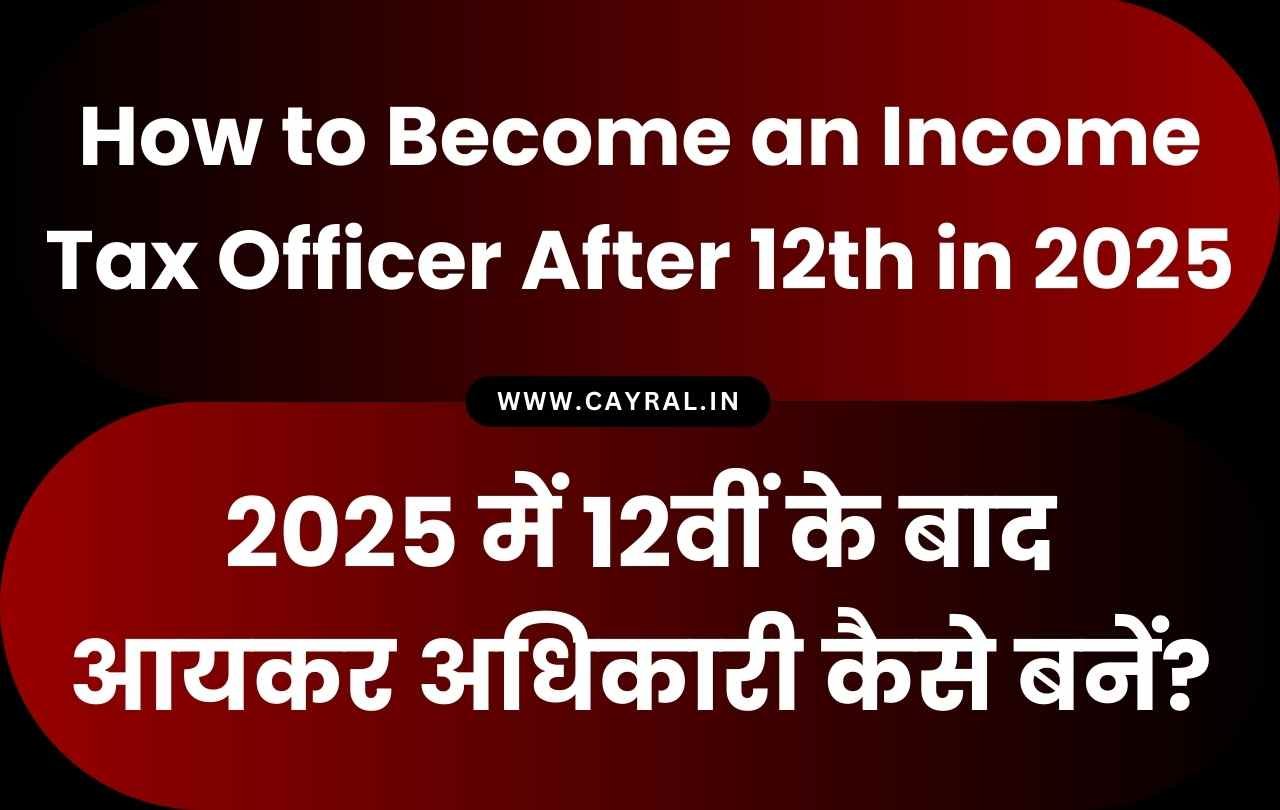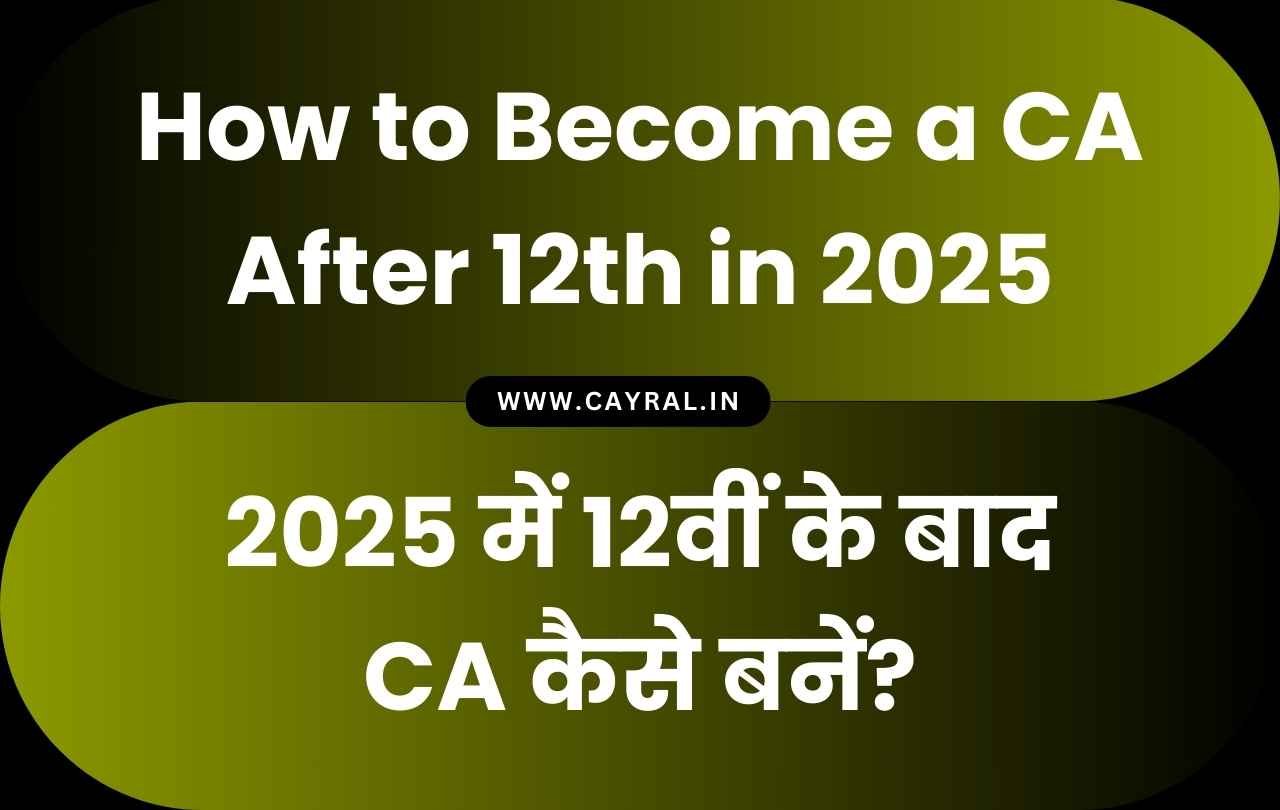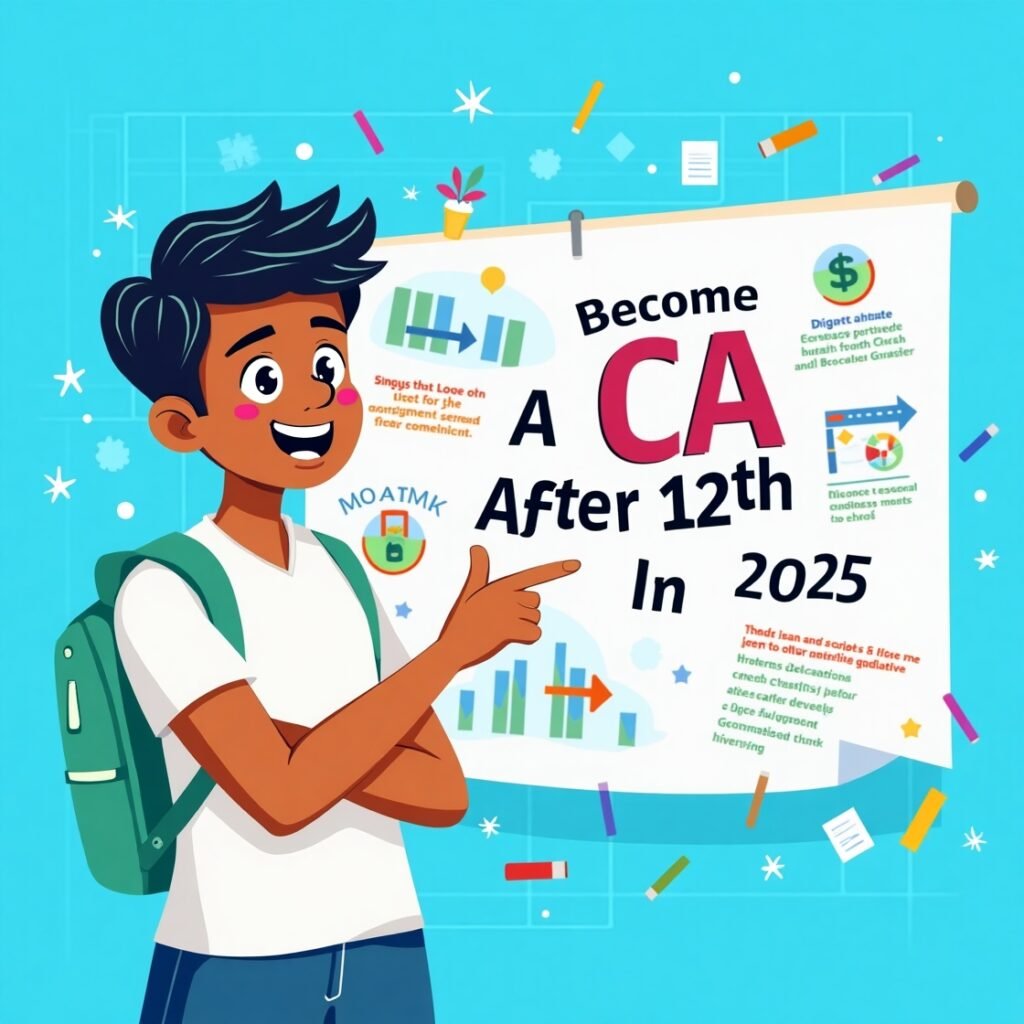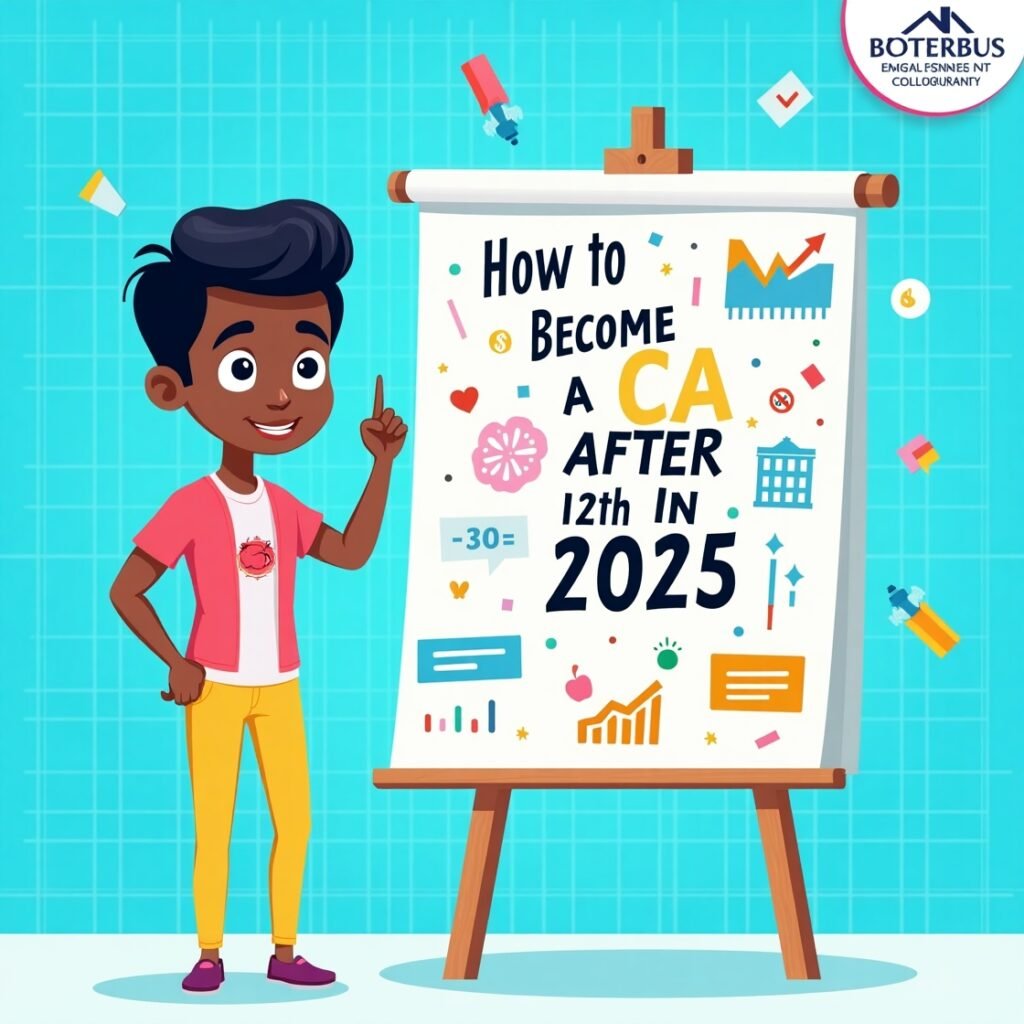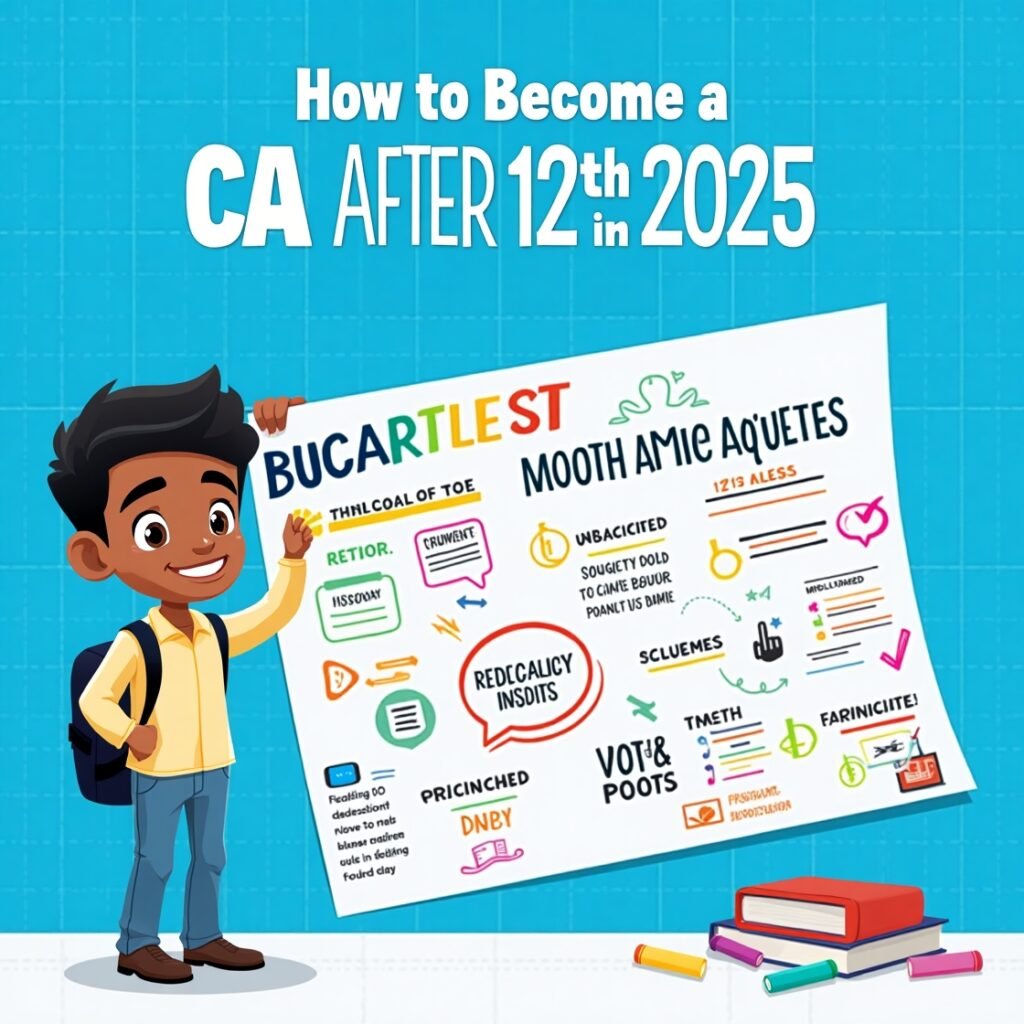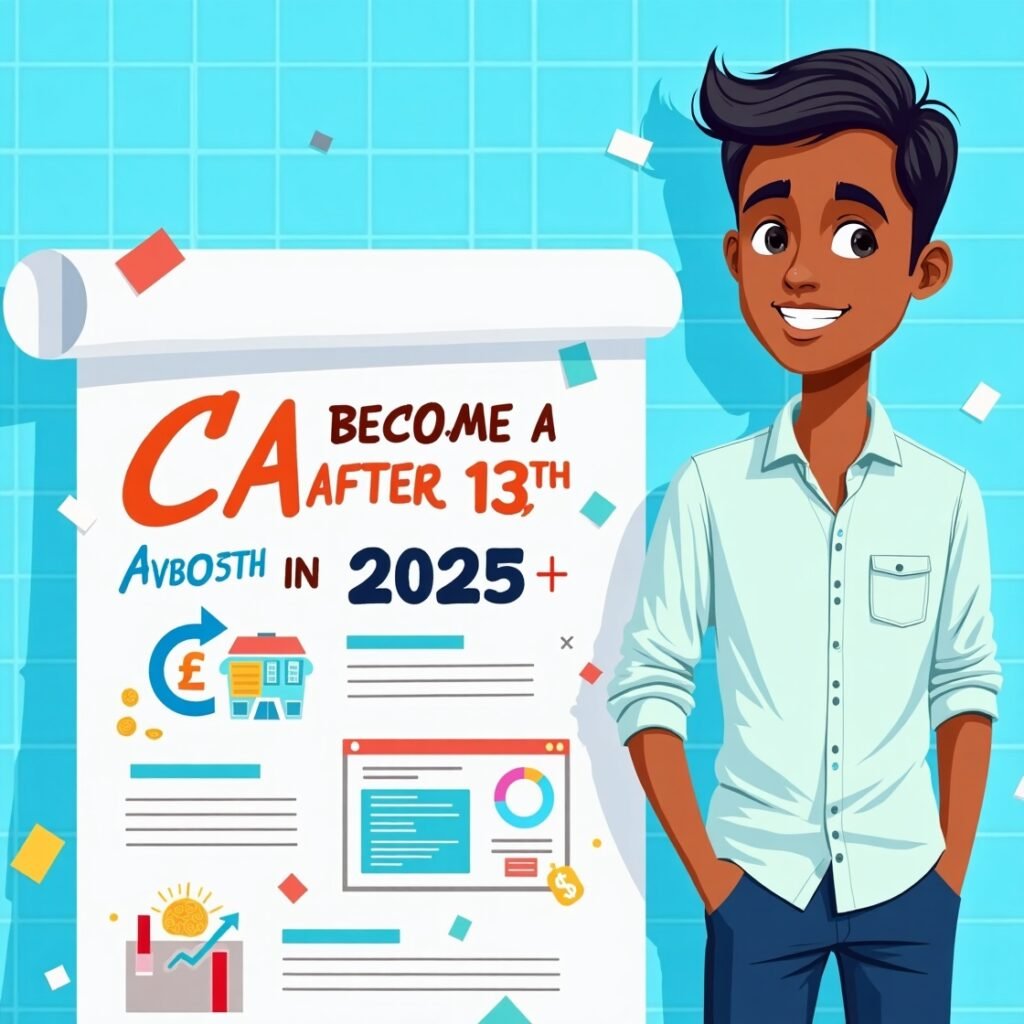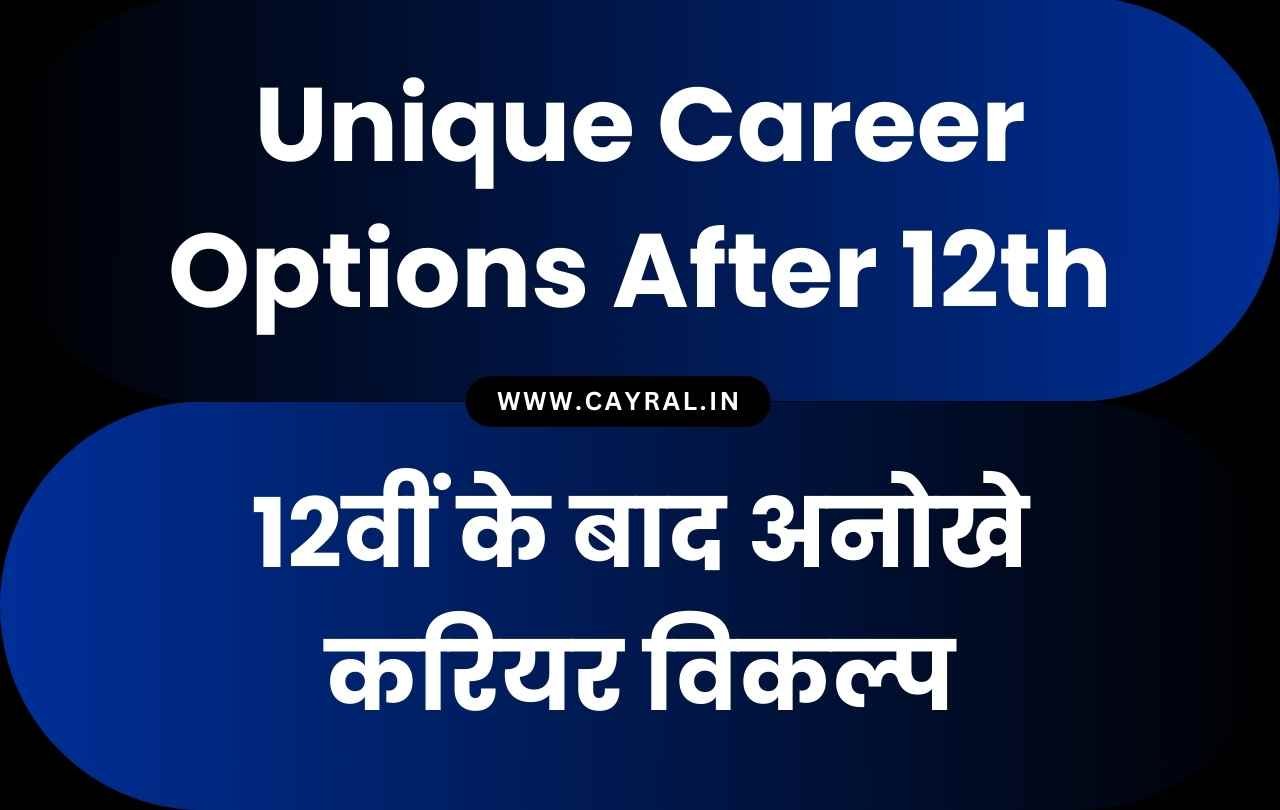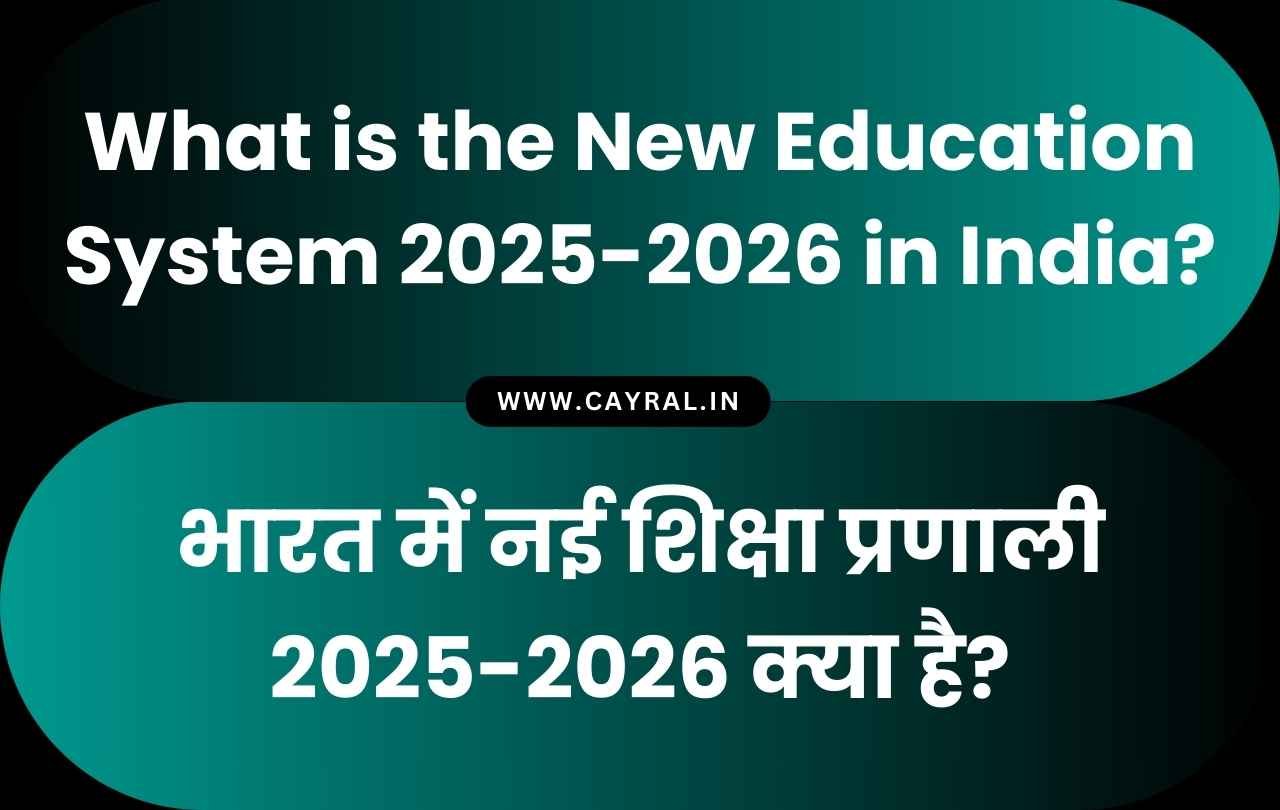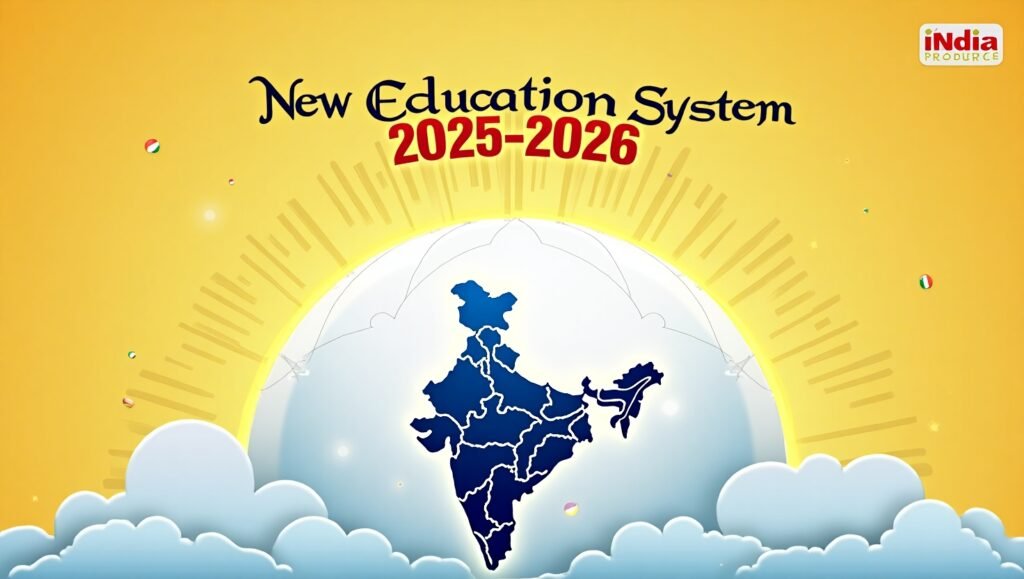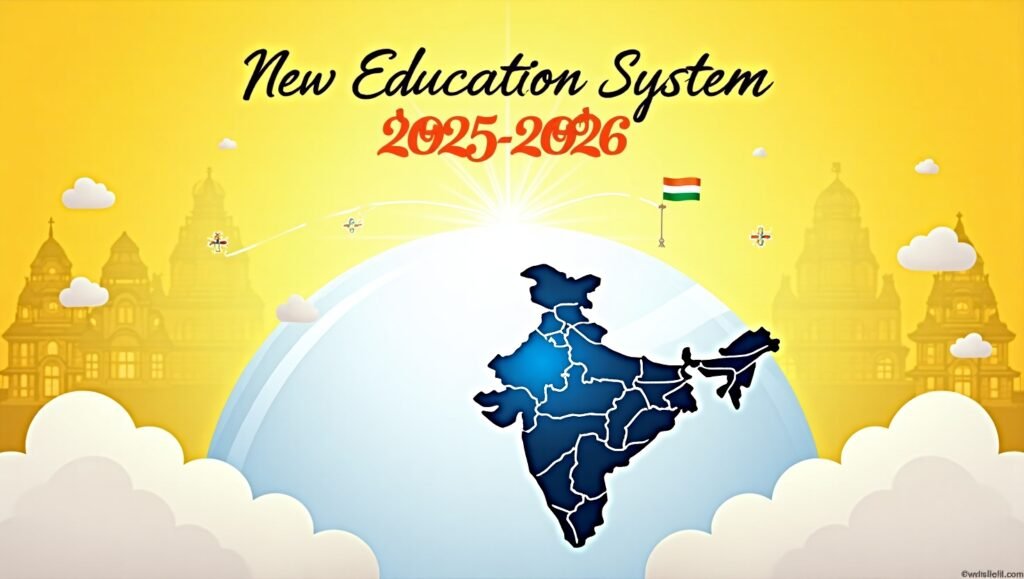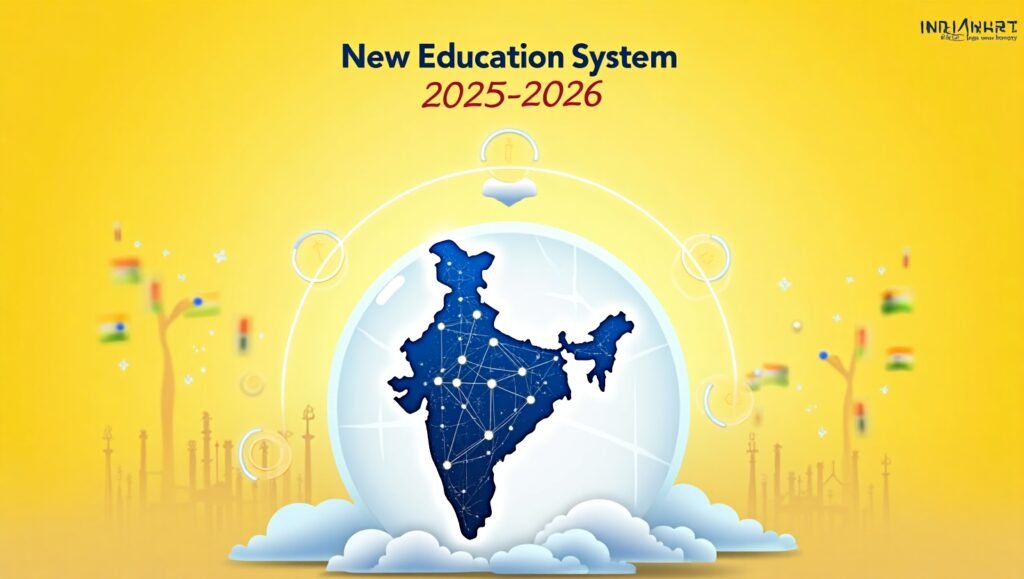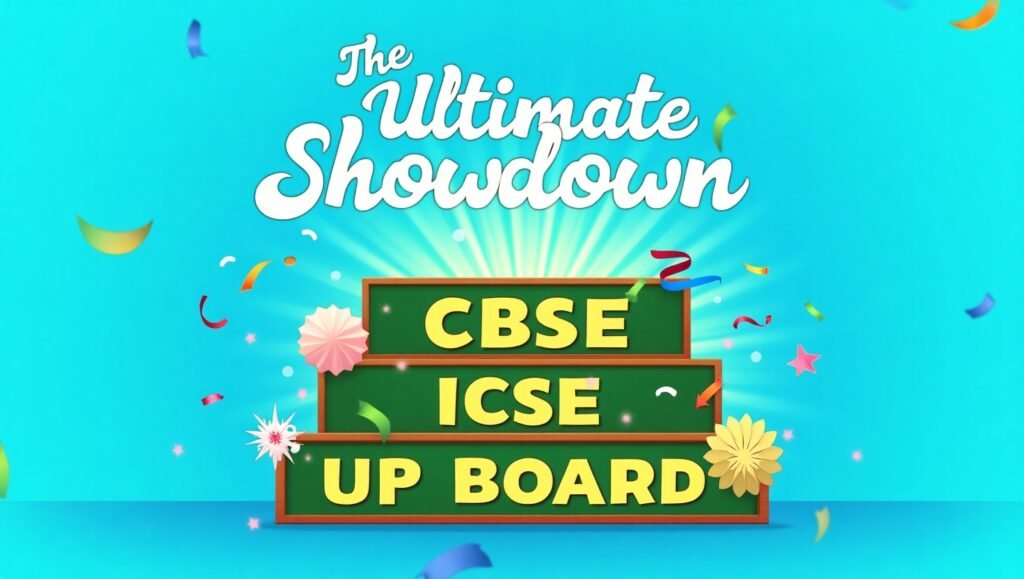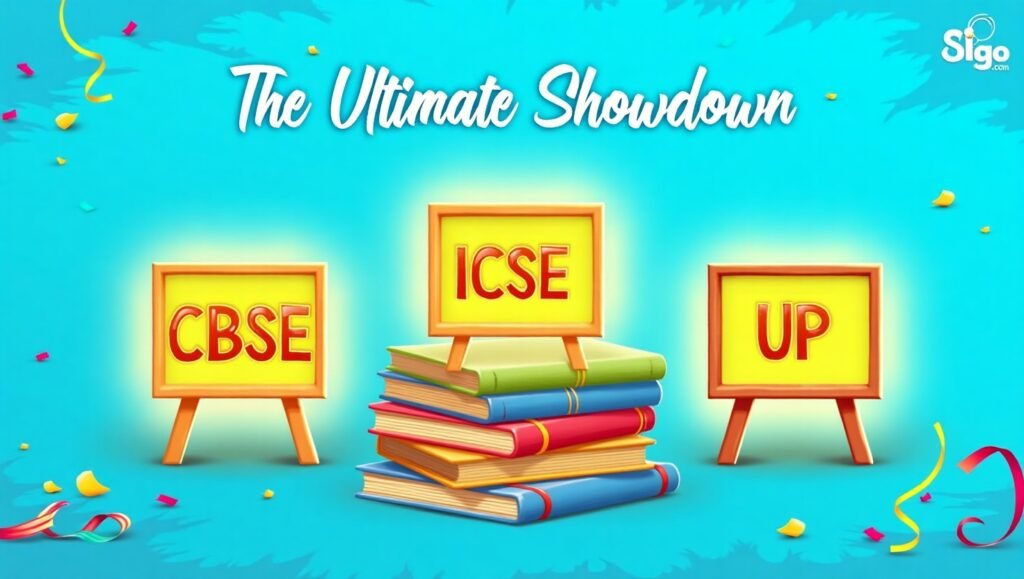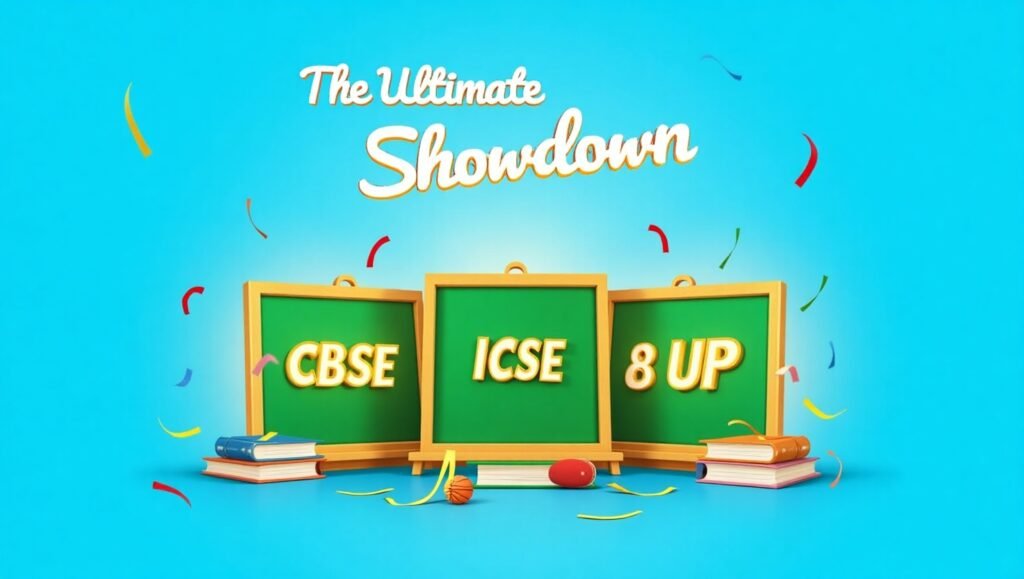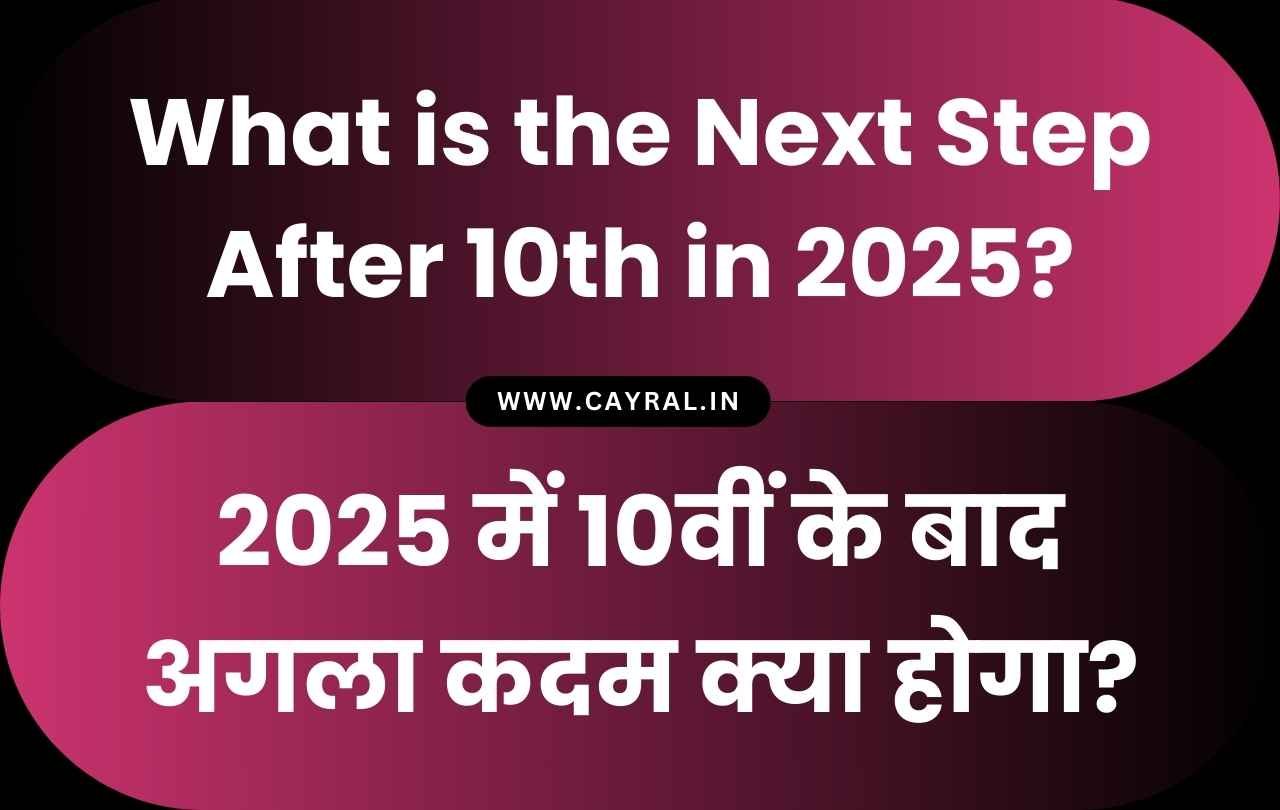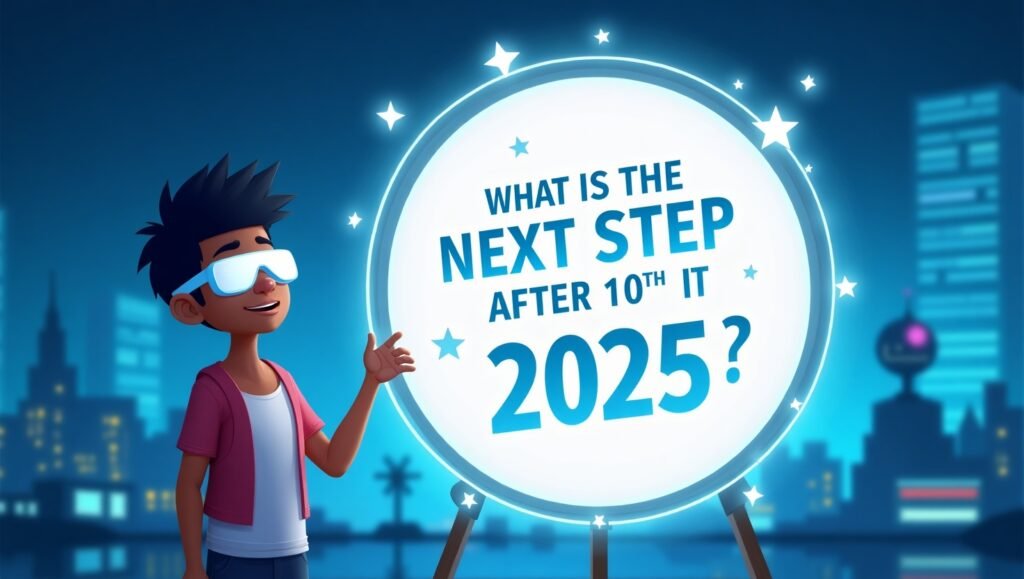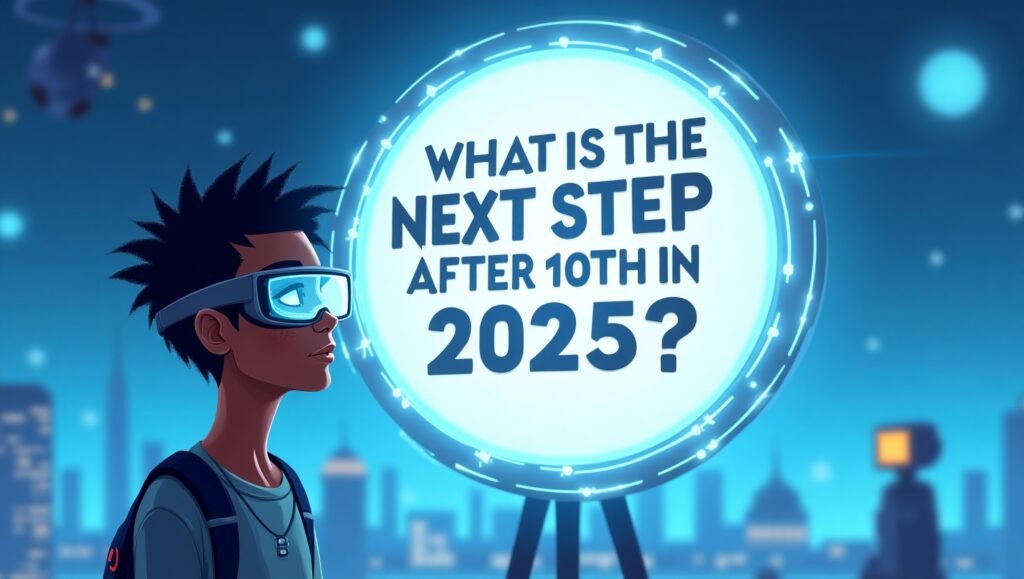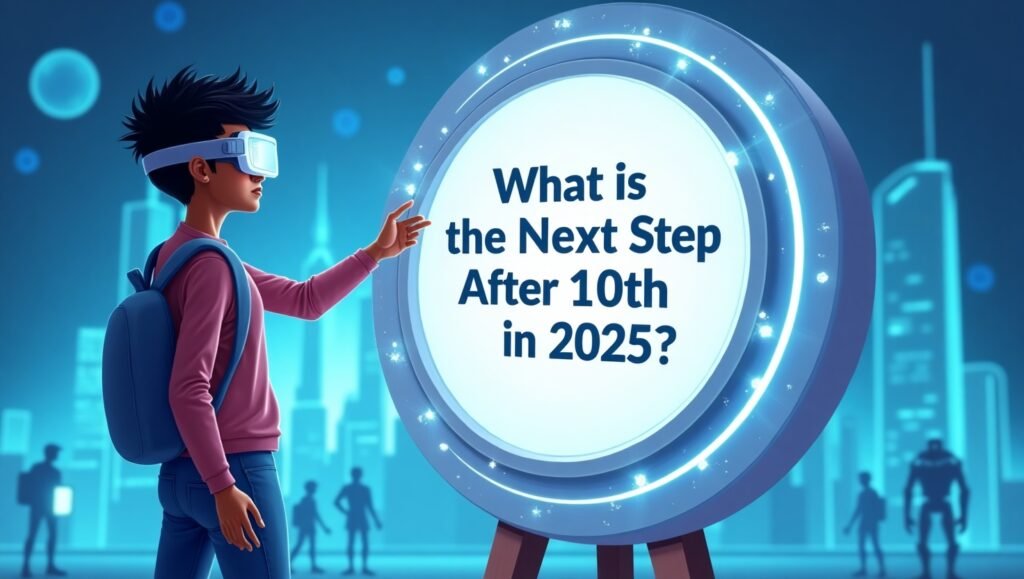How to Become an Income Tax Officer After 12th in 2025: Becoming an Income Tax Officer (ITO) after 12th in 2025 is a prestigious career choice for students interested in taxation, finance, and government administration. Income Tax Officers work under the Income Tax Department of India, ensuring tax compliance, investigating fraud, and managing tax collection. This article provides a detailed roadmap, including eligibility, exams, educational pathways, and salary expectations to help you achieve your goal of becoming an Income Tax Officer after 12th in 2025.
How to Become an Income Tax Officer After 12th in 2025
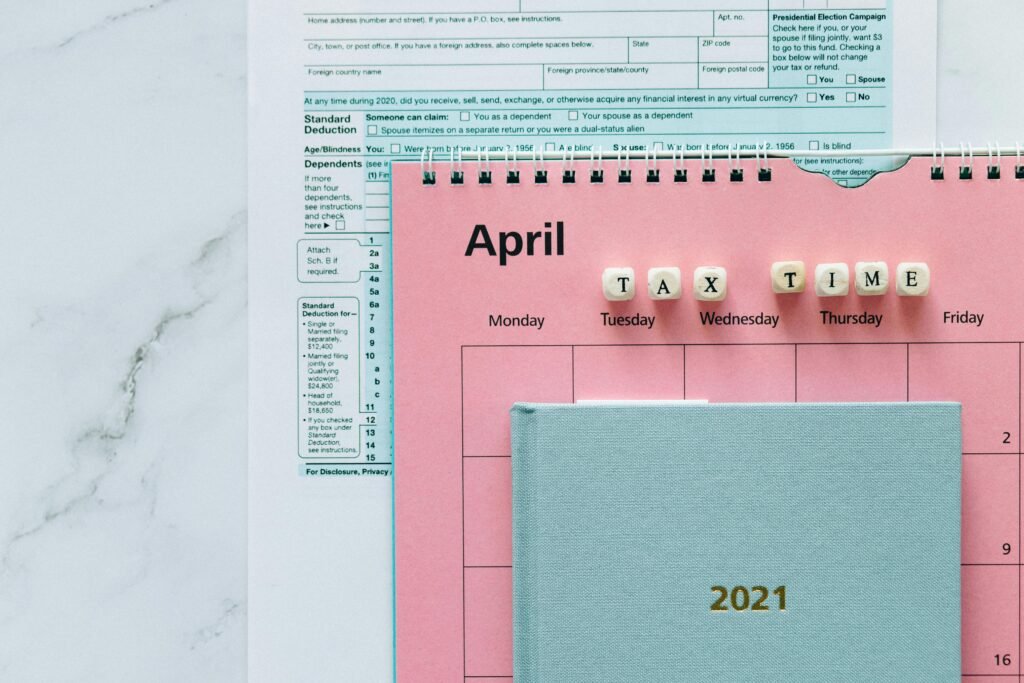
Why Choose a Career as an Income Tax Officer in 2025?
- Stable government job with high job security.
- Good salary and benefits, including pension, allowances, and promotions.
- Opportunities for growth and promotions in the Income Tax Department.
- Social respect and authority in the field of taxation and finance.
- Challenging and rewarding career with opportunities to fight tax evasion.
Eligibility Criteria to Become an Income Tax Officer After 12th
- Must complete 12th standard from a recognized board (CBSE, ICSE, or State Board).
- Must obtain a graduation degree (BA, BCom, BSc, BBA, or equivalent) before applying for the exam.
- Minimum age requirement: 18 years (varies based on category and exam).
- No specific stream requirement, but Commerce or Economics background is beneficial.
How to Become an Income Tax Officer After 12th in 2025
To become an Income Tax Officer, follow this step-by-step roadmap:
Step 1: Choose the Right Educational Path
After completing 12th, you must pursue a bachelor’s degree in any field. However, some degrees provide an edge:
- BCom (Bachelor of Commerce) with Taxation – Best for financial knowledge.
- BA (Economics) – Helps in understanding tax policies.
- BBA (Bachelor of Business Administration) – Focuses on business and tax regulations.
- CA (Chartered Accountant) or CMA (Cost and Management Accountant) – Gives expertise in taxation.
Step 2: Prepare for the SSC CGL Exam (Required for ITO Recruitment)
The SSC CGL (Staff Selection Commission – Combined Graduate Level) exam is the main route to becoming an Income Tax Officer.
SSC CGL Exam Structure
| Exam Stage | Mode | Subjects Covered |
|---|---|---|
| Tier 1 | Online | General Awareness, Quantitative Aptitude, Reasoning, English |
| Tier 2 | Online | Quantitative Aptitude, Statistics, General Studies |
| Tier 3 | Offline | Descriptive Paper (Essay, Precis, Letter Writing) |
| Tier 4 | Computer-Based | Computer Proficiency Test and Document Verification |
- Eligibility: Bachelor’s degree from a recognized university.
- Exam Mode: Online (MCQs and Descriptive Paper).
- Difficulty Level: Moderate to High.
Step 3: Clear the SSC CGL Exam and Get Selected
Once you clear the SSC CGL Exam, you will be recruited as an Income Tax Inspector (ITI), which is the first step toward becoming an Income Tax Officer.
Step 4: Gain Experience and Get Promoted to Income Tax Officer (ITO)
- Promotion from Income Tax Inspector (ITI) to Income Tax Officer (ITO) takes around 3-5 years based on performance and department vacancies.
- Further promotions can lead to Assistant Commissioner, Deputy Commissioner, and Commissioner of Income Tax.

Alternative Exams for Becoming an Income Tax Officer in 2025
Apart from SSC CGL, there are other government exams that can lead to a career in taxation and finance:
UPSC Civil Services Exam (IRS Pathway)
- Indian Revenue Service (IRS) officers handle taxation at a higher level.
- Requires graduation and clearing UPSC CSE (one of the toughest exams in India).
- Higher salary and authority compared to SSC CGL pathway.
State Public Service Commission (PSC) Exams
- Some state governments conduct PSC exams for tax-related positions like State Tax Officer (STO).
- Eligibility: Bachelor’s degree and passing the respective PSC exam.
Salary of an Income Tax Officer in 2025
| Rank | Salary (Per Month) | Perks & Benefits |
|---|---|---|
| Income Tax Inspector | Rs.44,900 – Rs.1,42,400 | DA, HRA, Pension, Medical, TA |
| Income Tax Officer | Rs.56,100 – Rs.1,77,500 | Increased allowances, official vehicle |
| Assistant Commissioner of Income Tax | Rs.67,700 – Rs.2,08,700 | Government perks, house, high authority |
| Deputy Commissioner of Income Tax | Rs.78,800 – Rs.2,09,200 | Travel perks, luxury benefits |
| Commissioner of Income Tax | Rs.1,44,200 – Rs.2,18,200 | High power, pension, and benefits |

Skills Required for Becoming an Income Tax Officer
- Analytical and numerical skills – To evaluate financial records.
- Strong knowledge of taxation laws – Helps in investigating tax frauds.
- Decision-making abilities – For tax assessments and audits.
- Communication skills – Essential for dealing with taxpayers and government officials.
- Attention to detail – To identify tax discrepancies.
Top Coaching Institutes for SSC CGL (2025)
| Coaching Name | Location | Online Classes Available |
|---|---|---|
| Paramount Coaching | Delhi, Jaipur, Lucknow | Yes |
| Career Power | All India | Yes |
| KD Campus | Delhi, Patna, Kolkata | Yes |
| Plutus Academy | Online | Yes |
| Gradeup | Online | Yes |
Tips to Prepare for SSC CGL and Become an Income Tax Officer
- Start preparation early – Ideally, 6-12 months before the exam.
- Follow SSC CGL books like Quantitative Aptitude by R.S. Aggarwal.
- Take online mock tests and previous year papers.
- Join coaching classes or online courses if needed.
- Stay updated with current affairs and tax policies.

Conclusion: How to Become an Income Tax Officer After 12th in 2025
Becoming an Income Tax Officer after 12th in 2025 requires dedication, strong preparation for SSC CGL, and patience for career growth. If you are determined and work hard, you can secure this prestigious government job with excellent perks and a bright future in taxation and finance.


